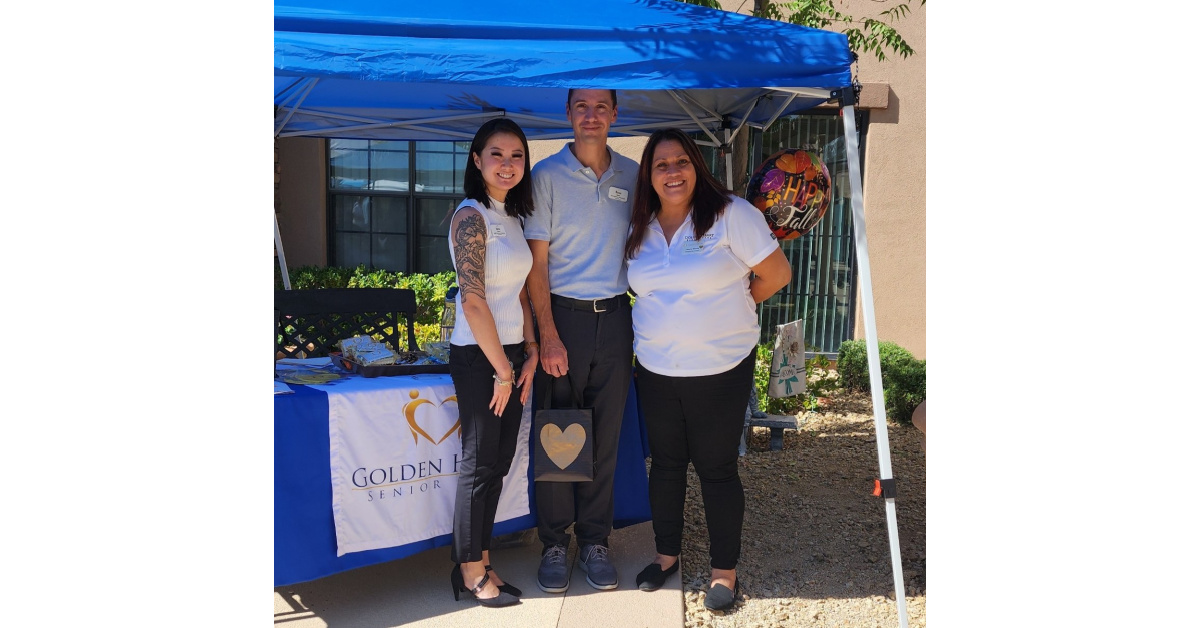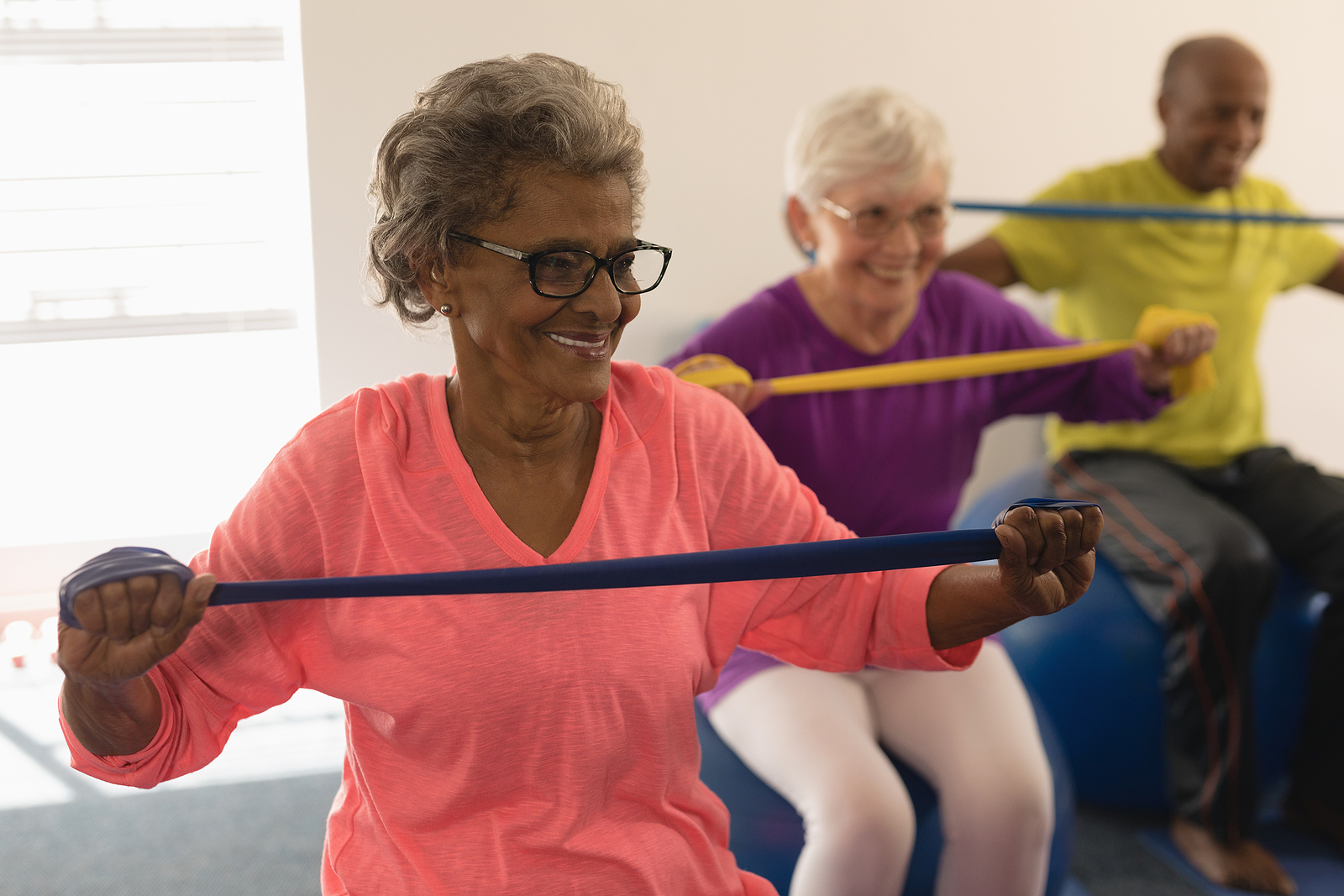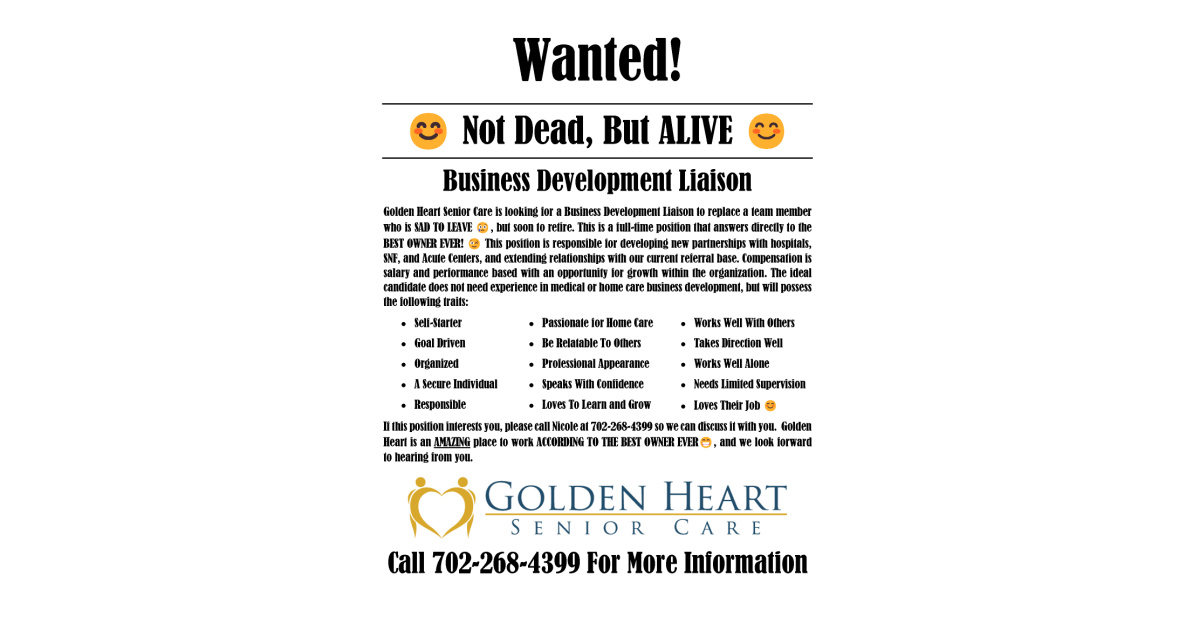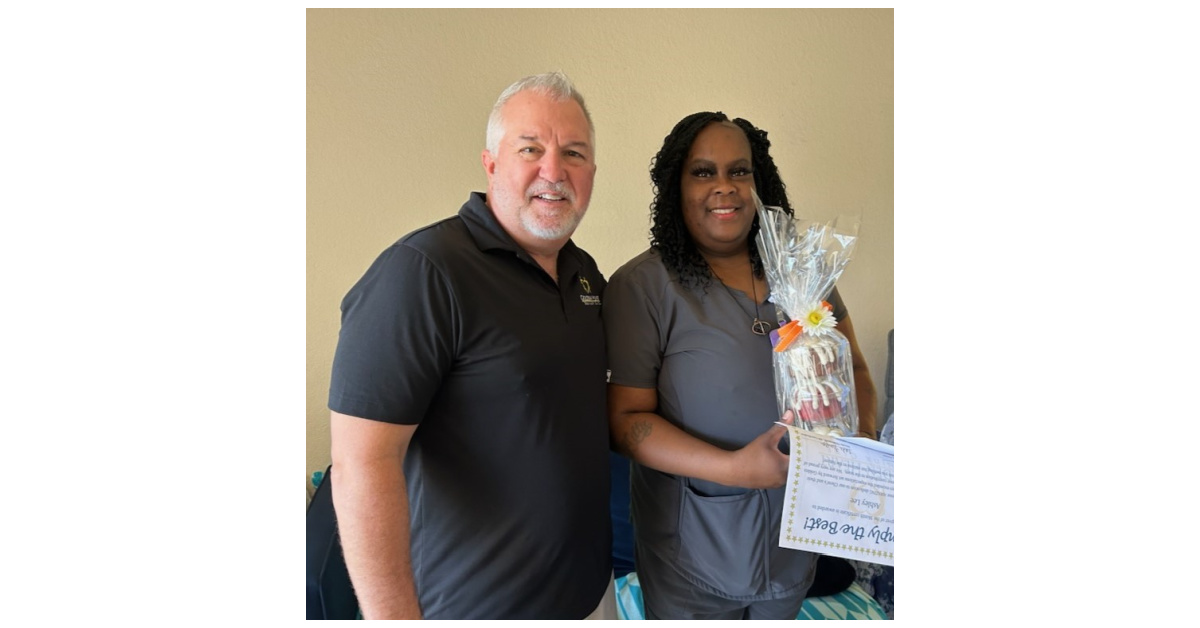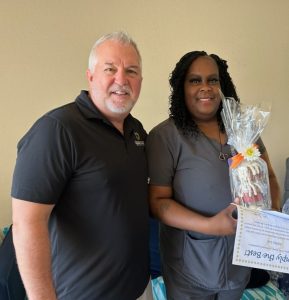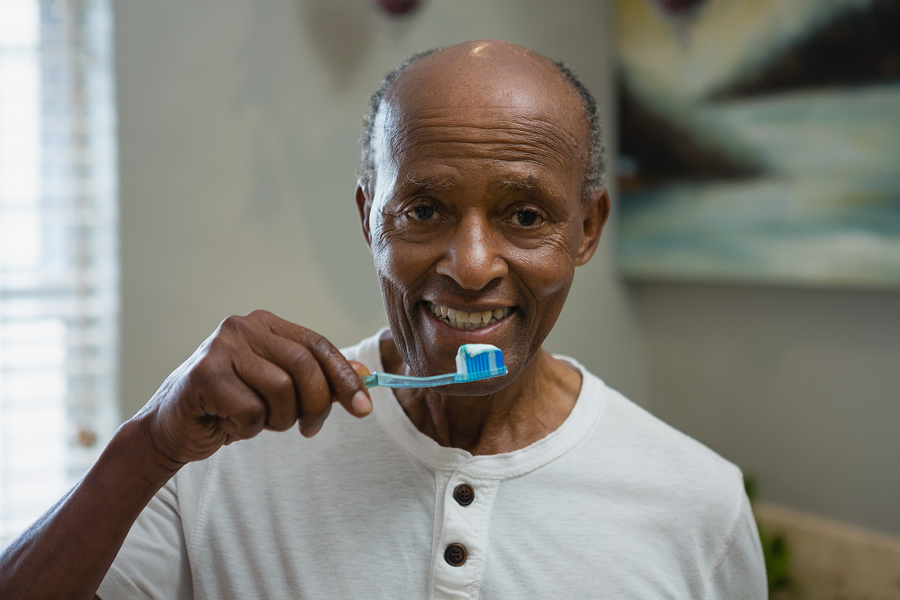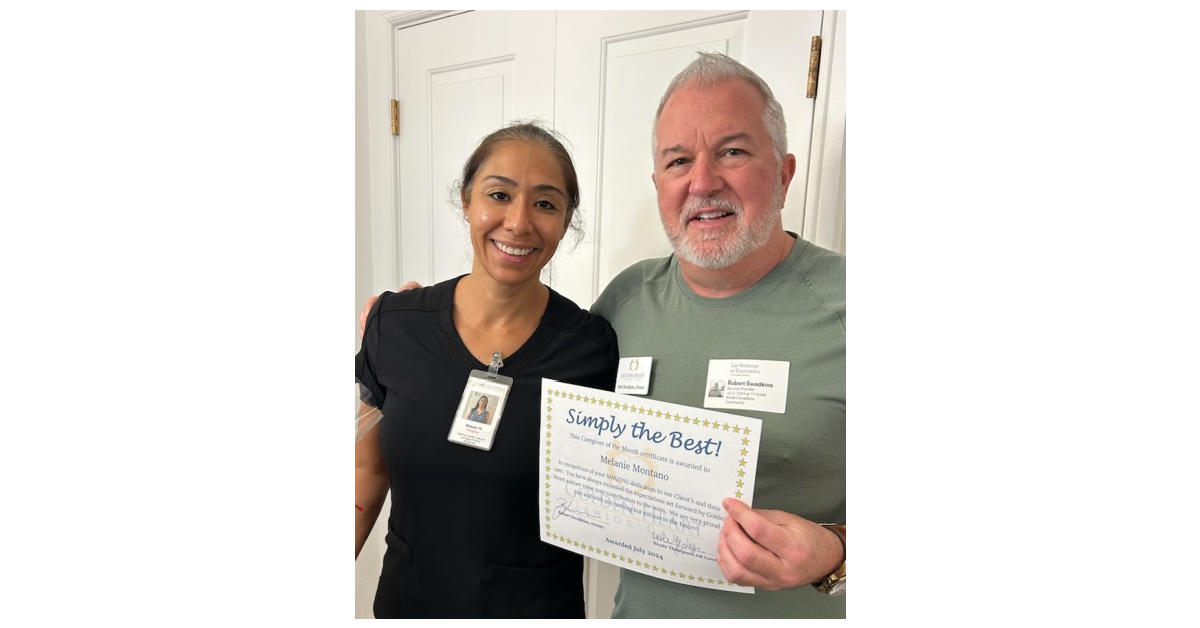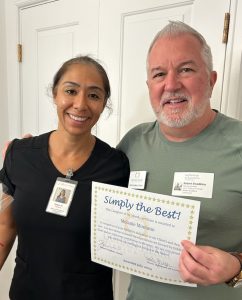With age, preserving emotional health is equally as important as physical health. Hobbies have an important role in improving seniors’ emotional well-being by offering a sense of purpose, enjoyment, and connection. Seniors can overcome feelings of loneliness, tension, or anxiety by engaging in enjoyable activities that increase their self-esteem and cognitive performance. With the help of companion care at home, seniors can explore what hobbies might interest them as well as learn about the emotional benefits of each.
Creative Writing and Journaling
Writing provides a therapeutic outlet for feelings and memories. Whether seniors want to journal about their daily lives or express themselves creatively, the act of writing down their ideas can provide emotional relief and mental clarity. Writing about prior events, feelings, or goals can help seniors reflect on their lives, process unresolved emotions, and possibly discover new perspectives. For seniors who enjoy storytelling, writing fiction or poetry can be a fun and creative method to explore their inner world.
Emotional Benefits:
- Promotes self-expression and creativity.
- Offers emotional relief and relieves stress.
- Improves memory and cognitive performance.
Gardening
Gardening is not only a terrific physical activity but also a relaxing and emotionally satisfying hobby. Plant care may be soothing, allowing seniors to connect with nature while also feeling accomplished as they see their garden grow. Additionally, the practice of caring for living things fosters patience and mindfulness, which can help to reduce anxiety and increase relaxation.
Emotional Benefits:
- Reduces stress and promotes calmness.
- Gives a sense of purpose and duty.
- Promotes a connection with nature and the outdoors.
Arts and Crafts
Painting, knitting, and other forms of crafting allow seniors to express their creativity while focusing on something enjoyable rather than worrying about their health, money, or anything else. In essence, it gives them a chance to “get away” for a small amount of time. Art can also be a great way to communicate emotions that are difficult to put into words, providing an outlet for dealing with stress. Since this is a broad category, companion care at home might offer suggestions, or seniors can try a few things to narrow down what they might like best.
Emotional Benefits:
- Promotes self-expression and creativity.
- Reduces anxiety and promotes relaxation.
- Gives a sense of accomplishment and promotes confidence.
Volunteering
Volunteering allows seniors to contribute back to their communities while developing a sense of purpose and belonging. Volunteering, whether it’s mentoring younger people, assisting a local charity, or attending community events, provides social connection and a sense of accomplishment. This isn’t what normally would be expected when thinking about hobbies, but it does provide seniors with a way to spend their time that is emotionally satisfying.
- Emotional Benefits:
- Enhances sense of connection and purpose.
- Social contact reduces feelings of loneliness.
- Increases self-esteem and happiness.
Enjoying a hobby can be an effective way for seniors to maintain their emotional health. Writing, gardening, art, and volunteering are all activities that not only help reduce loneliness and stress but also bring joy, purpose, and a sense of success. Companion care at home and loved ones can encourage seniors to try new interests or revisit old ones, resulting in a more fulfilling and balanced life.
Sources:
https://www.forbes.com/sites/andreaanderson/2023/09/14/hobbies-seem-to-have-universal-mental-health-benefits-for-the-elderly/
https://www.news-medical.net/news/20230911/Hobbies-protect-older-people-from-age-related-decline-in-mental-health-and-wellbeing.aspx
If you are considering companion care at home in Henderson, NV for an aging loved one, please contact the caring staff at Golden Heart Senior Care of Summerlin. 702-800-4616

